
S. Jaishankar’s Diplomatic Balancing Act in a Trump Second Term
As India’s External Affairs Minister, S. Jaishankar has built a reputation for skillfully navigating global complexities and maintaining India’s autonomy on the world stage. However, a Trump second term could put Jaishankar Trump diplomacy strategy to the test like never before. In an era of unpredictable policies and strategic recalculations, he would need to carefully balance India’s national interests with the often-forceful direction of Trump’s ‘America First’ approach. Here’s how Jaishankar might steer India through the stormy seas of a Trump presidency, turning challenges into opportunities while keeping India’s sails steady.
1. A Dance with the Dragon: Managing U.S.-China Tensions
The Trump administration’s hard stance on China is likely to intensify, placing pressure on allies to take a similar stance. For Jaishankar, the challenge lies in navigating India’s own complex relationship with its powerful neighbor. India’s border tensions with China have made a tough stance inevitable, but Jaishankar understands that India cannot afford to become overly reliant on any one partner. As Trump presses India to join a more aggressive posture against China, Jaishankar will need to walk a diplomatic tightrope—ensuring Indian security while not being drawn into proxy conflicts.
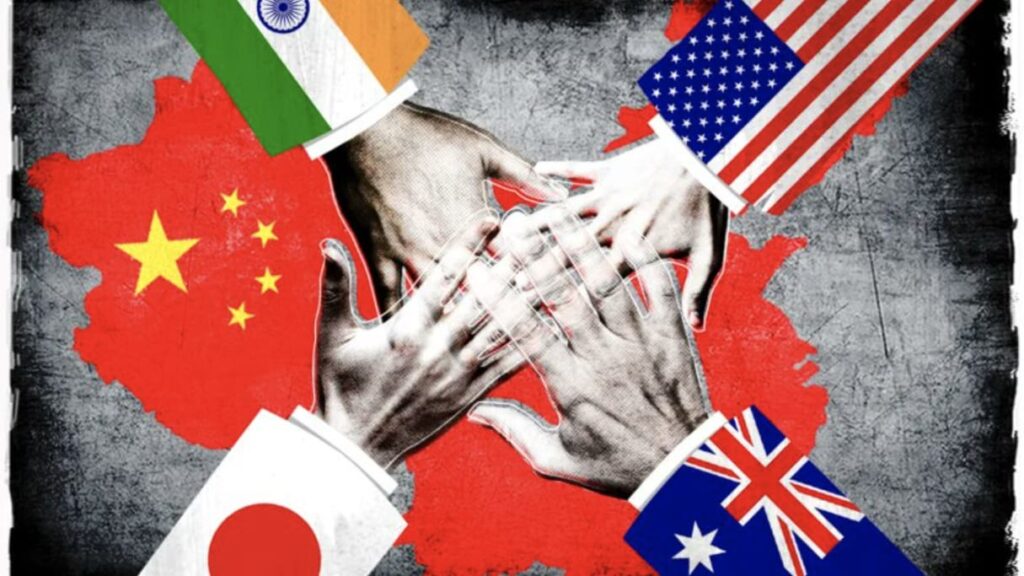
Image Credits: CivilsDaily
2. Securing the Skies: Bolstering Defense Cooperation without Compromising Autonomy
Under Trump’s first term, India and the U.S. took significant steps to deepen defense cooperation, signing key agreements like BECA, which enables strategic military data sharing. If Trump resumes his push for India to become a closer security ally, Jaishankar’s task will be to expand defense cooperation without compromising India’s strategic independence. He’ll need to make sure that India’s defense upgrades enhance its capabilities on its own terms, ensuring that partnerships serve India’s unique regional needs rather than external expectations.
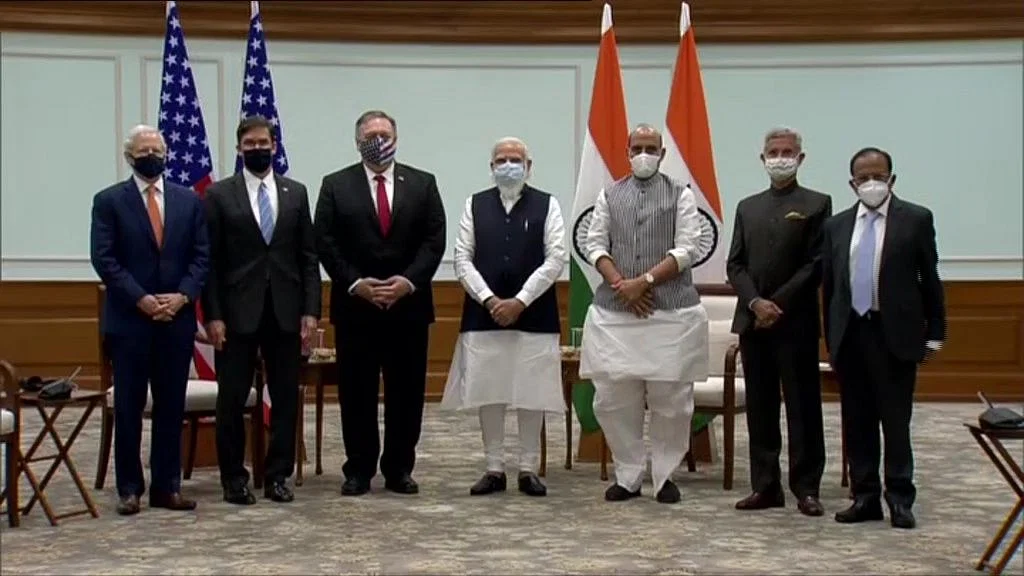
Image Credits: The Quint
3. The Trade Tug-of-War: Protecting India’s Economy Amid ‘America First’
In Trump’s world, tariffs and trade pressures are not just policy tools—they’re bargaining chips. Jaishankar would face the tricky challenge of securing fair terms for Indian exports while protecting India’s access to the American market in sectors like IT, pharmaceuticals, and textiles. Through sharp negotiations, Jaishankar will need to emphasize the benefits of India as a stable, long-term trade partner, especially as global supply chains seek alternatives to China. The stakes are high, but Jaishankar’s deep understanding of international economics may allow him to carve out a strong position for India.
4. Visa Battles: Keeping the Path Open for Indian Talent
Trump’s immigration policies could directly impact India’s tech workforce and economy. Restrictions on H-1B visas have long been a point of contention, with the U.S. tech sector heavily dependent on skilled Indian professionals. For Jaishankar, advocating for smoother pathways for Indian talent in the U.S. will be crucial—not just for economic reasons, but as a statement of India’s growing role in the global knowledge economy. In a Trump second term, this issue could become a focal point of U.S.-India relations, with Jaishankar working to keep avenues open for Indian professionals.
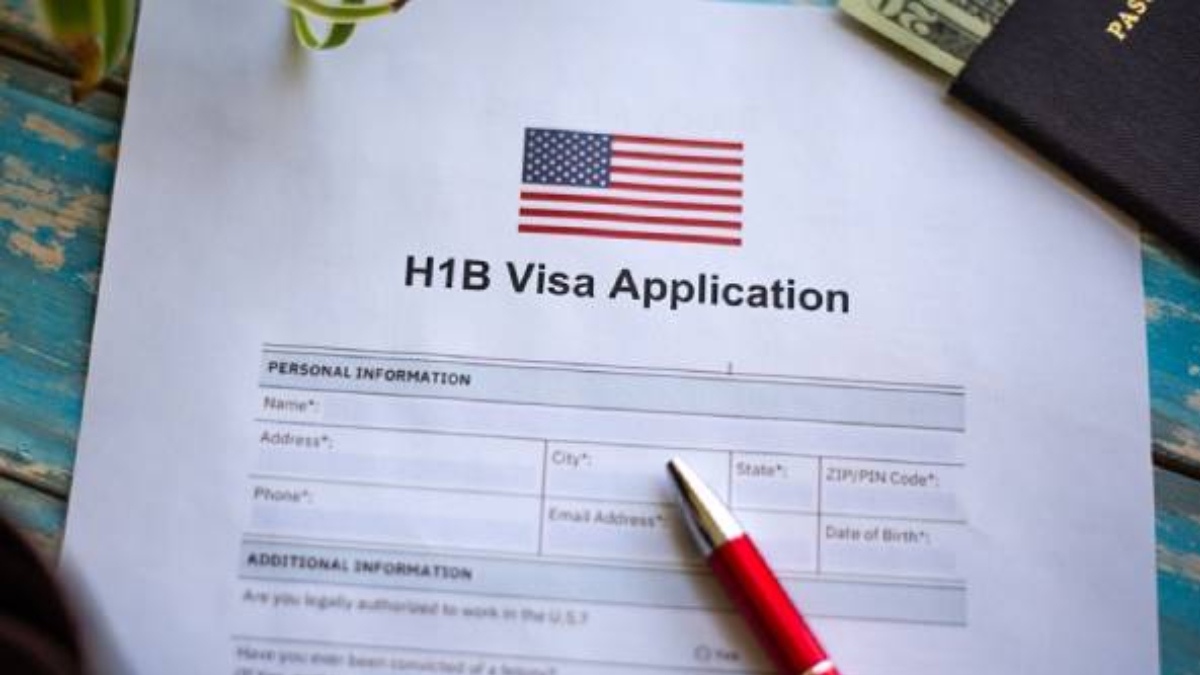
Image Credits: Oneindia
5. Climate Diplomacy in Uncertain Times: Crafting a Green Alliance
During Trump’s first term, the U.S. withdrew from the Paris Climate Agreement, signaling a more transactional approach to environmental issues. For Jaishankar, this creates both challenges and opportunities. India is heavily invested in renewable energy and sustainable practices, with ambitious climate goals that resonate with global efforts. However, Jaishankar may find an opening to collaborate on specific green initiatives, like clean hydrogen or solar technology, that align with U.S. economic interests. His aim will be to build limited, mutually beneficial partnerships without compromising India’s broader environmental commitments.
Strategic Moves: Crafting India’s Path in a Second Trump Term
Jaishankar is not one to back away from a diplomatic challenge. To maintain balance in this complex relationship, he could leverage these strategies:
Reinforcing India’s Regional Influence:
By deepening ties with allies like Japan, Australia, and Southeast Asian nations, Jaishankar can strengthen India’s regional presence, creating a buffer that prevents over-reliance on the U.S.
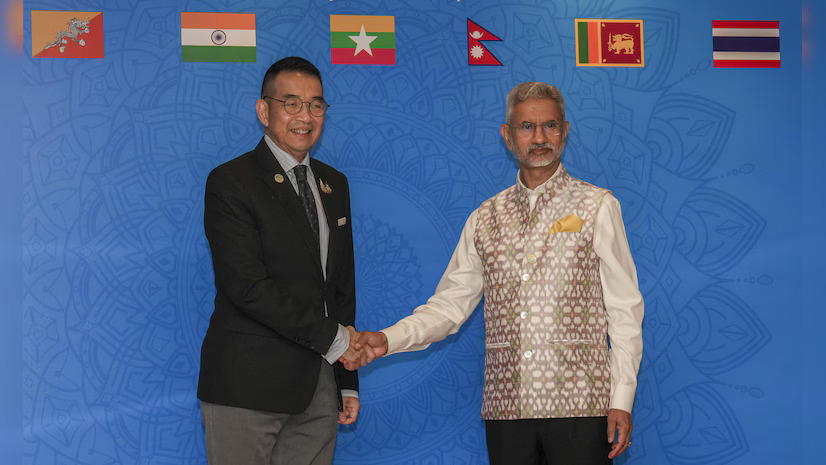
Image Credits: Business Standard
Promoting Multilateral Diplomacy:
With Trump’s preference for bilateral deals, India can serve as a stabilizing force in multilateral organizations, from the G20 to the Quad, keeping the global stage open for broader collaboration.
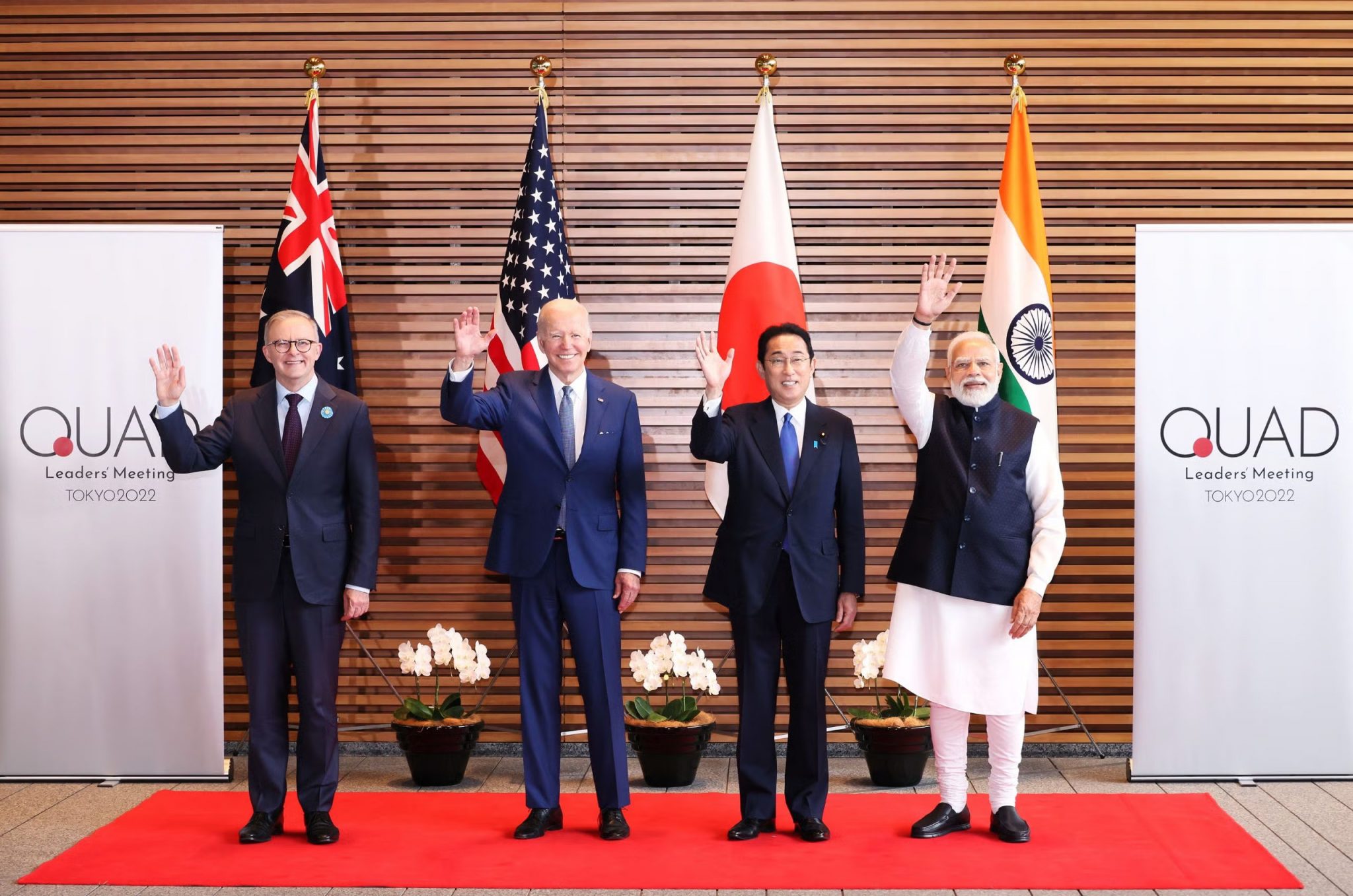
Image Credits: gjia.georgetown.edu
Selective Climate Cooperation:
Jaishankar’s team could pursue specific climate projects that offer economic gains while championing India’s green leadership on the world stage, showing a balanced approach to climate diplomacy.
Public Diplomacy and Messaging:
Through smart communication, India can highlight its contributions to global stability, projecting a consistent and autonomous narrative that underscores India’s role as a partner of choice.
In sum, a second Trump term would challenge Jaishankar to keep India’s ship steady in unpredictable waters. By carefully balancing alignment and autonomy, he would work to ensure India’s resilience and influence in a changing world order.
With his sharp strategic mind and extensive experience, Jaishankar may just turn the challenges of a Trump second term into a stronger, more self-reliant India on the global stage.
IS360 Can be Reached at
Sharing is caring!

